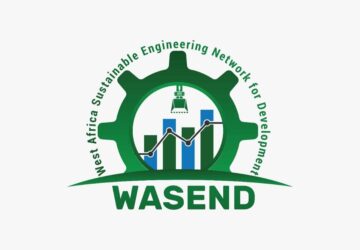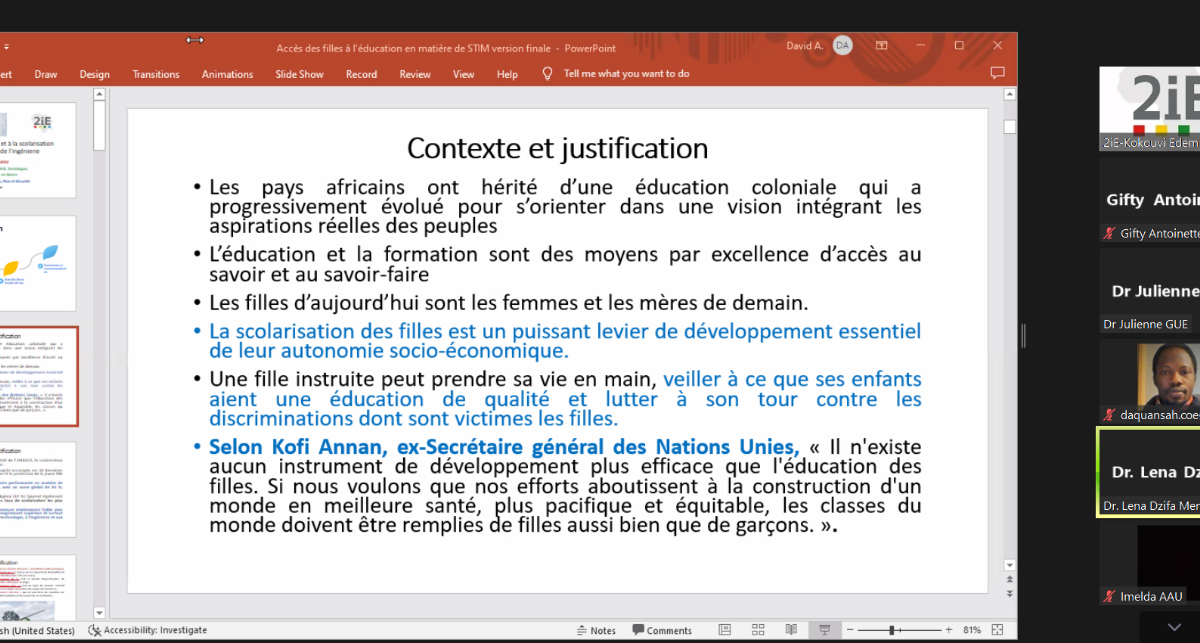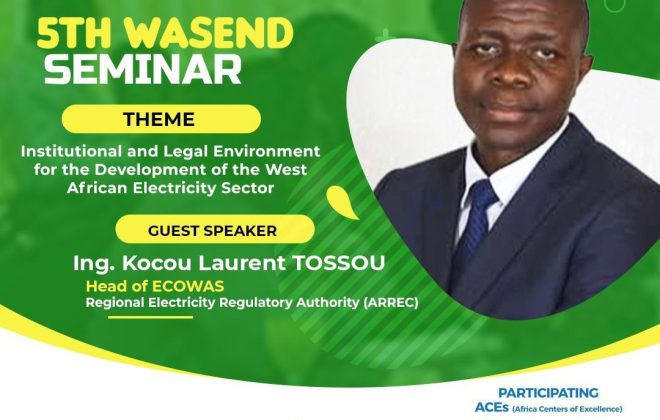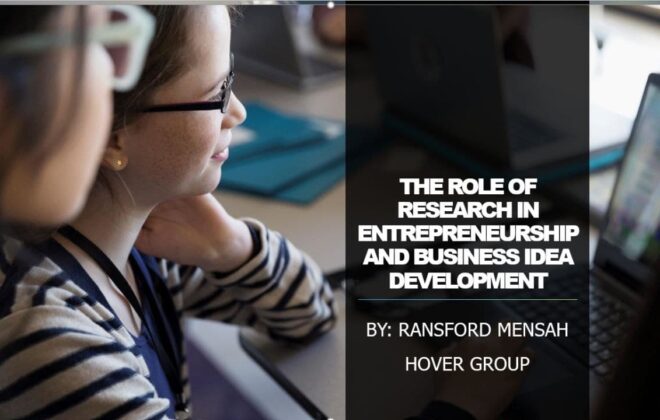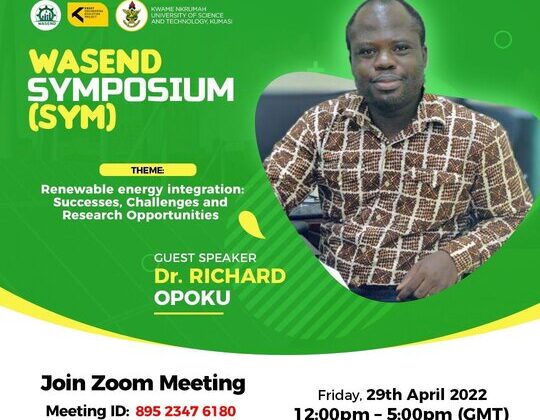WASEND Second Capacity-Building Workshop
WASEND Second Capacity-Building Workshop
The West Africa Sustainable Engineering Network for Development (WASEND) organized its second capacity-building workshop on the theme ” Gender Mainstreaming in Engineering Education: Approaches and Experiences “. The workshop was hosted by the College of Engineering, Kwame Nkrumah University of Science and Technology (KNUST) on 29th November 2022 virtually with Dr Julienne Nesseindoa GUE, CEO National Agency for Women, Peace, and Security, Burkina Faso as the Resource Person.
WASEND is a network of World Bank-designated African Centers of Excellence (ACEs) in engineering education and research. The network seeks to leverage the expertise of its members and build synergies to address Sub-regional challenges in energy and digital development.
It is made up of four West African Colleges of Engineering:
- College of Engineering, Kwame Nkrumah University of Science and Technology (KNUST), Ghana
- International Institute of Water and Environmental Engineering (2IE), Burkina Faso
- University of Science, Engineering, and Technology (USET), Gambia
- College of Engineering, University of Abomey Calavi, Benin
The workshop was moderated by Dr. Lena Dzifa Mensah, Senior Lecturer at the Mechanical Engineering Department, KNUST. Presentation and discussions were centered on gender mainstreaming and how females can be mainstreamed in engineering education considering the issues of gender inequality and gaps in engineering.
In his welcome address, Dr. David Ato Quansah, the Deputy WASEND Coordinator welcomed participants on behalf of the Executive Board of WASEND to the 2nd in the series of capacity-building workshops. “The purpose of these capacity-building workshops is to empower our network members with the requisite knowledge and tools to advance the quality and relevance of engineering education or research for greater developmental impact,” he stated.
Dr Julienne Nesseindoa GUE is currently the Director General of Women, Peace, and Security at the Ministry of Gender in Burkina Faso. She is the Secretary–General of the Association of Women Scientists in Burkina Faso (AFSCI-B) and she collaborates with several umbrella organizations and women’s CSOs (Civil Society Organizations).
She is a Former Technical Advisor to the former Minister of Scientific Research and Innovation in charge of issues related to gender, inclusion, and innovation.
Dr. GUE presented on the access of girls to education and schooling in engineering. She said the girls of today are the women and mothers of tomorrow and the education of girls is a powerful lever for the development of their socio-economic autonomy. She mentioned that an educated girl can take charge of her life, ensure that her children have a quality education, and in turn fight against discrimination against girls.
“According to Kofi Annan, former Secretary General of the United Nations, there is no instrument of development more effective than the education of girls. If we want our efforts to result in building a healthier, more peaceful, and equitable world, the classrooms of the world must be filled with girls as well as boys,” she quoted.
She spoke about the concepts of “equality and equity” and said it calls for social justice for men and women, according to their conditions and their situations.
She gave the underlisted points as the barriers or underlying causes of the low rate of integration of girls in STEM education.
- Economic And Poverty Reasons: STEM establishments are costly and some families prefer to keep their female wards at home for house chores than pay huge amounts for them to enroll in STEM education
- Early marriages
- Parents’ preference for boys’ education: “Parents prefer to invest in boys’ education because the girl is considered a ‘stranger’ who will have to go and live with another family and take care of household chores.
She recommended the following mitigation measures:
- Positive discrimination policies in favor of girls should be developed to boost their schooling and the maintenance of educational systems at all levels
- Principles of equity and equality between girls and boys should be promoted
- Parents should be sensitized on the education of girls and the negative effects of early marriage
- Raising awareness and supporting girls and adolescents in order to arouse their motivation for studies,
- Award scholarships to girls who excel but come from vulnerable families.
“Our country is gradually moving towards gender parity and solving the problems that girls face in the education system. This is where civil society must put pressure on the government to respond, provide opportunities and solutions, and ensure that girls’ education is improved,” she concluded.
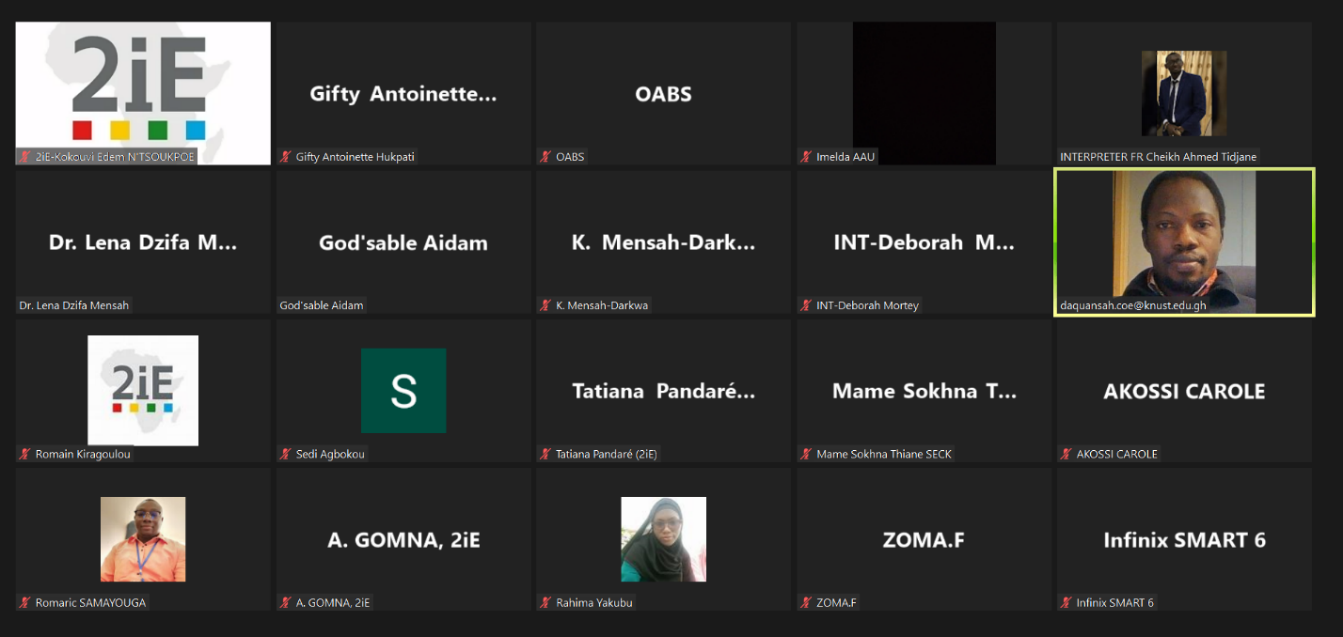
Participants applauded the speaker for an insightful presentation. How to break the cultural and religious stereotypes, how to get men involved in gender discussions and whether the gender gap should be closed based on the merit-based approach or gender-based approach are among the many discussions during the question-and-answer session of the workshop.
In his closing remarks, Dr. David Ato Quansah thanked the resource person for her enlightening presentation. He also thanked the African Association of Universities (AAU) and the translating team for their excellent translation service. He also appreciated the participants and the WASEND team for making the workshop a success.
Click on the link https://docs.google.com/presentation/d/1K_YyfokuXQIopUbLNUAe7-6A9vmO0JZN/edit?usp=share_link&ouid=100843132195621956409&rtpof=true&sd=true to access the presentation.

